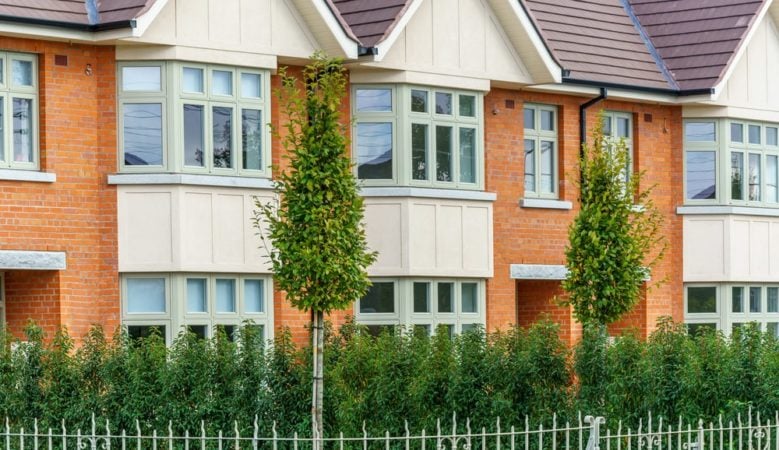Trend of fluctuating house prices suggests a potentially more stable market

What goes up…
Ireland’s property market is experiencing a slight dip in house prices, according to the latest report from Daft.ie. The report shows that prices fell by 0.3 percent in the first quarter of 2023, the first time in a decade that a first-quarter fall in asking prices has been recorded. The average national asking price in Q1 2023 was €308,497, which is 2.7 percent higher than the same period in 2022, but still 17 percent below the peak. While prices fell slightly in cities such as Cork and Dublin, they remained stable in Limerick city. Galway and Waterford cities saw more significant falls of 1.5 percent and 0.8 percent, respectively. House prices in Munster rose by 0.6 percent, while in the regions of Leinster and Connacht-Ulster, they fell by roughly half a percent.
The number of homes available to buy as of 1 March 2023 stood at 13,000, up 30 percent on the same date last year, but still significantly below the 2019 average of 24,200. The rate at which availability has increased has slowed across the country in recent months. The author of the report, economist Ronan Lyons, noted that “demand has weakened, the post-covid recovery in supply also appears to be weakening, in both new and second-hand segments.” He added that “while this year is unlikely to bring any substantial increases in housing prices, underlying issues stemming from housing shortages will persist.”
A news article in the Irish Times this week suggests that a collapse in the Irish property market similar to 2008 is unlikely due to strict Central Bank lending rules and supply shortages. However, analyst Karl Deeter suggests that a price correction could be on the horizon. This view is supported by the findings of the Daft.ie report above. Although supply is not outstripping demand at the moment, the pace of supply to the market continues to slow, leaving the stock of properties significantly below the 2019 average.
2023 is shaping up to be another uncertain year for the residential market, with factors such as the pandemic and persistent undersupply continuing to impact transaction levels. However, the trend of fluctuating house prices suggests a potentially more stable market in the future. While a collapse in the property market is unlikely, a price correction is likely in the cards. Like every other asset class, property has peaks and troughs, and it would not be natural for house prices to rise indefinitely.
Ian Lawlor
086 3625482
Managing Director
Lotus Investment Group
